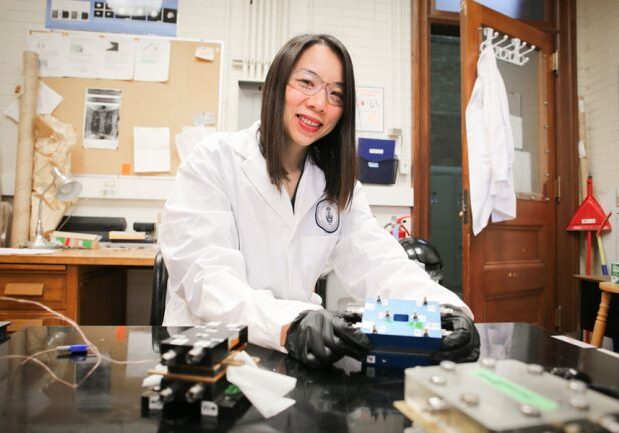
McLean Award recipient Aimy Bazylak is creating new technologies for sustainable energy
Funding will enhance a research program in fuel cells and electrolyzers, which can provide low-emission electricity infrastructure

Modelling the health benefits of electric cars
A new study from Professor Marianne Hatzopoulou (CivMin) suggests that each electric car in Toronto could provide nearly $10,000 worth of social benefits by improving air quality.
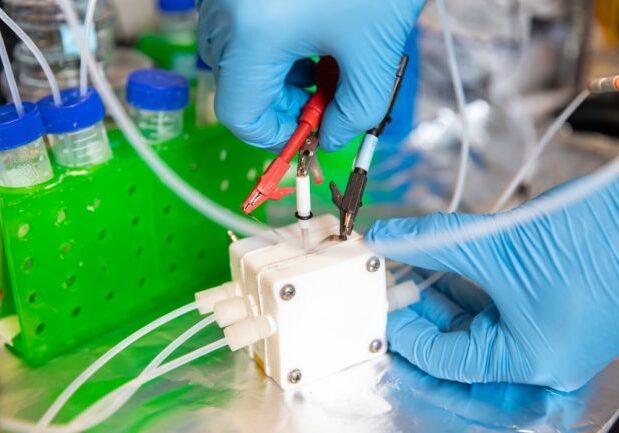
Artificial intelligence helps researchers up-cycle waste carbon
A collaboration between U of T Engineering and Carnegie Mellon University has produced a record-setting catalyst for CO2-to-ethylene conversion
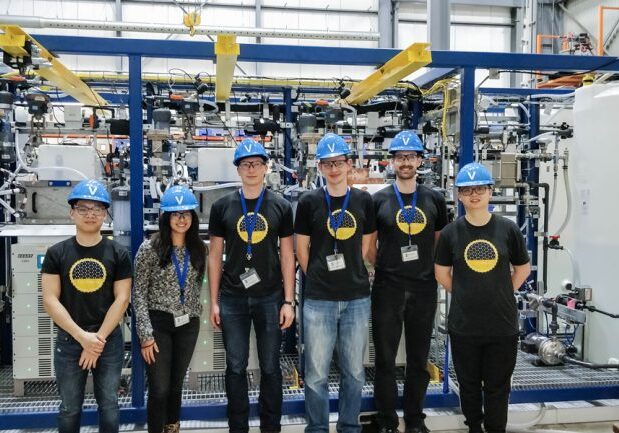
U of T Engineering spinoff receives support from Breakthrough Energy Solutions Canada to upgrade waste carbon
Funding will support commercialization of a new technology to transform CO2 into commercially valuable products

“Reverse fuel cell” converts waste carbon to valuable products at record rates
U of T Engineering researchers develop enhanced device to transform CO2 into valuable chemicals 10 times faster than previous versions
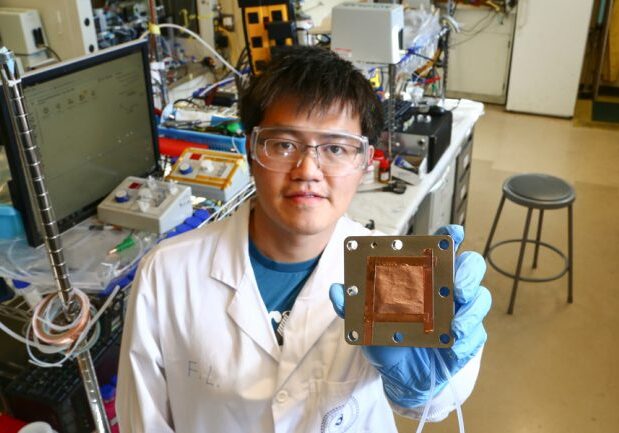
U of T Engineering and Caltech collaborate on pathway to carbon-neutral plastics
Improved catalyst transforms renewable electricity and waste CO2 into ethylene, one of the world’s most widely-used commodity chemicals
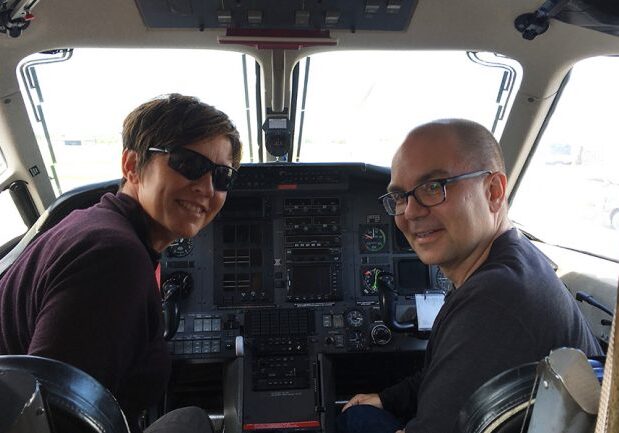
Reconciliation through Engineering Initiative to improve transportation and housing in Indigenous communities
Indigenous leaders, U of T researchers begin collaborations to mitigate indoor mould and improve air transportation of food and goods in Northern Ontario

U of T Engineering entrepreneur creates his own job post-graduation: Delivering clean, affordable energy to Nigeria
Olubanjo is set to graduate with a job that he created: CEO of Reeddi, the startup he founded and incubated at the Entrepreneurship Hatchery to bring clean and affordable electricity to energy-starved communities in Nigeria and beyond


